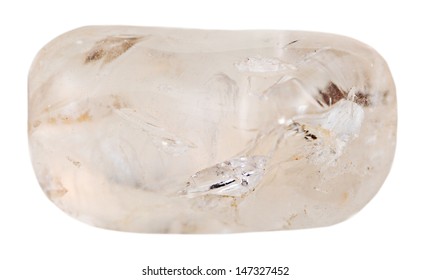Exposure to silica which is a component found in marble dust is one risk factor for developing scleroderma.
Marble silica content.
Petrographically marbles are massive rather than thin layered and consist of a.
Calcium based stones including limestone and certain varieties of marble e g calcite dolomite and onyx contain little or no silica.
Marble is a metamorphic rock composed of recrystallized carbonate minerals most commonly calcite or dolomite marble is typically not foliated although there are exceptions in geology the term marble refers to metamorphosed limestone but its use in stonemasonry more broadly encompasses unmetamorphosed limestone.
Silica content is generally lower in natural stone products.
38 42 lime cao 20 25 silica sio2 2 4 alumina al2o3 1 5 2 5 various oxides nao and mgo and 30 32 various carbonates mgco3 and others.
Occupational safety and health administration.
Commercially it includes all decorative calcium rich rocks that can be polished as well as certain serpentines verd antiques.
Marble total dust journal of clinical rheumatology.
Though granite marble and engineered stone all can produce harmful silica dust when cut ground or polished the artificial stone typically contains much more silica says a cdc researcher.
Marble is commonly used for sculpture and as a building material.
Typically marble is composed of the following major constituents.
Practical reports on rheumatic and musculoskeletal diseases a case of localized scleroderma in a sculptor and his wife.

